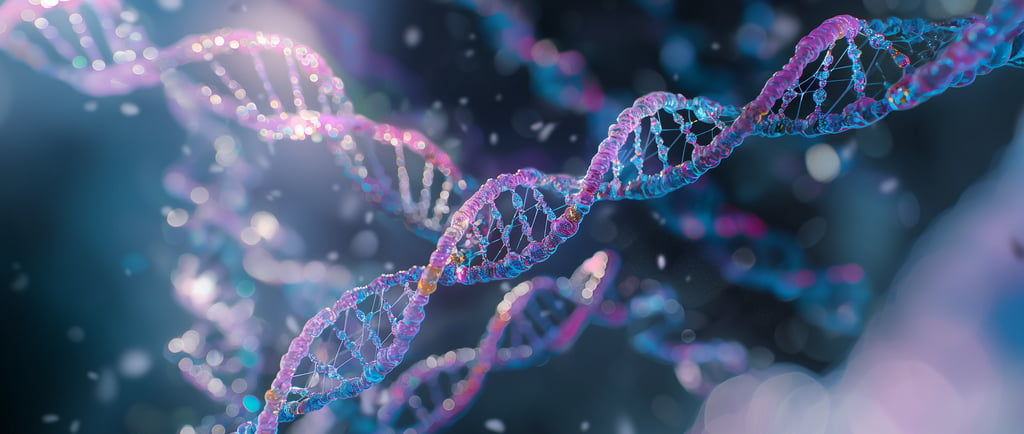Space Medicine
The Frontier of Space Medicine; Challenges and Advancements
HUMANITY


What Is Space Medicine?
Space medicine is a specialized field that focuses on the health and well-being of astronauts during their missions beyond Earth. As humans venture further into the cosmos, it's critical to address various challenges posed by the unique environment of space. Not only does microgravity affect the body in unexpected ways, but the isolation and confinement of space travel also introduce psychological hurdles that need to be managed effectively.
Challenges Faced
One of the primary challenges in space medicine is the impact of microgravity on human physiology. In the absence of gravity, astronauts face muscle atrophy and bone density loss, which can lead to significant health issues during and after missions. Studies show that astronauts can lose up to 1% of their bone mass every month in space, making countermeasures essential.
Another challenge is the increased exposure to radiation. Outside the protective sheath of Earth's atmosphere, astronauts are subjected to higher levels of cosmic radiation, which can increase the risk of cancer and other illnesses. Therefore, space medicine researchers are exploring innovative ways to mitigate these risks, such as protective shielding and pharmacological interventions.
Advancements
Despite the daunting challenges, advancements in space medicine are rapidly evolving. For instance, NASA has been developing exercise protocols and equipment that help astronauts maintain muscle mass and bone density while in microgravity. Programs like ARED (Advanced Resistive Exercise Device) are crucial in counteracting muscle and bone loss. In addition to physical health, significant strides are being made in psychological support for astronauts. Understanding the mental health aspects of long-duration space travel is essential for mission success. Strategies such as regular virtual check-ins with psychologists, recreational activities, and the inclusion of personal items in living quarters can help maintain morale. Moreover, telemedicine has gained traction, allowing astronauts to access expert medical advice in real-time. Advances in technology enable remote consultations, assuring crew members that they can receive treatment for unexpected health issues, even while orbiting Earth.
Final Thoughts
The future of space medicine holds great promise. As missions to Mars and beyond become more feasible, the methodologies developed in current space missions will be invaluable. Continued research and innovation are needed to ensure that astronauts can remain healthy and resilient in the face of these extraordinary challenges. Space medicine is not just a niche field; it's a critical component of human exploration. By addressing the unique challenges of healthcare in space, we continue to advance our understanding of human health, ultimately paving the way for sustained space travel and exploration in the not-so-distant future.
